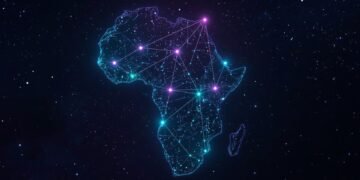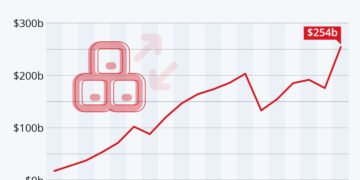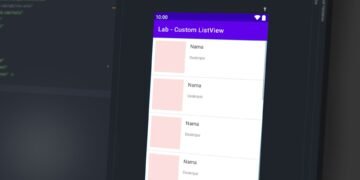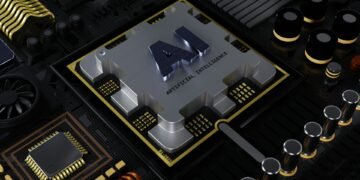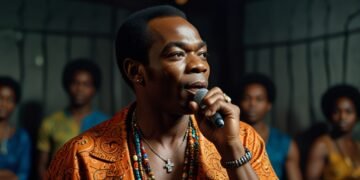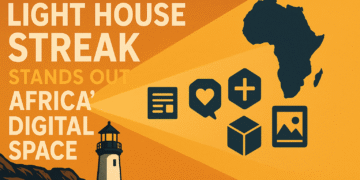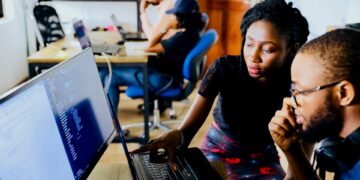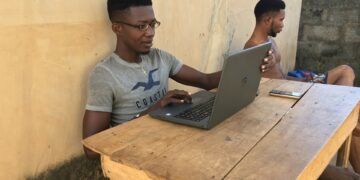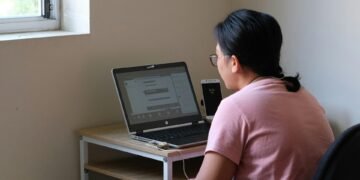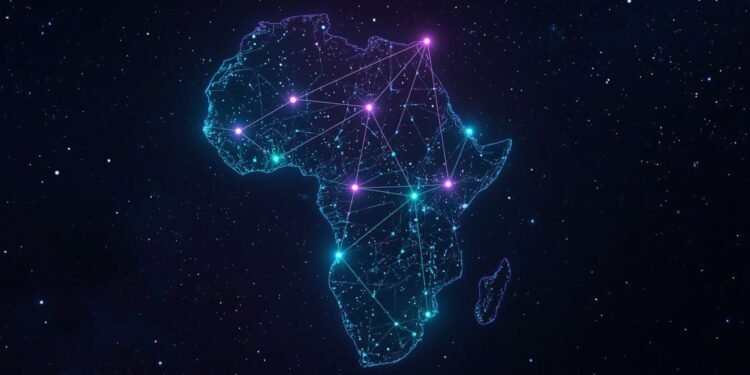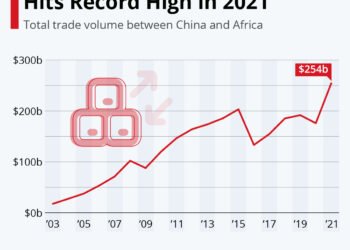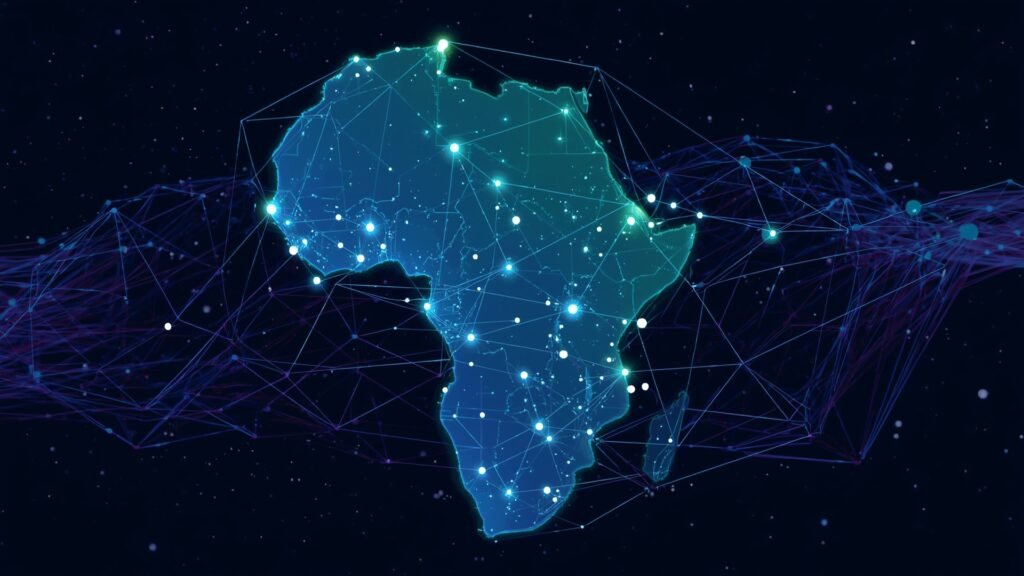
What is Blockchain? A Beginner’s Guide for Africans in 2025
Introduction
In recent years, blockchain has become one of the most talked-about innovations in the tech world. From powering cryptocurrencies like Bitcoin to transforming how we manage data, blockchain is no longer just a buzzword — it’s a movement. But what exactly is it? And why should Africans care in 2025?
In this guide, we’ll break down blockchain in the simplest terms and explore how it’s reshaping industries across the continent.
What is Blockchain, Really?
Think of blockchain as a digital ledger — like a notebook — but one that’s shared across many computers. Every time someone adds information to this ledger (like a financial transaction), everyone gets an updated copy. This makes it nearly impossible to cheat or alter the records.
In short: Blockchain = Shared, Secure, Transparent Data.
Why is Blockchain a Big Deal?
Here’s what makes blockchain revolutionary:
- Decentralization – No central authority (like a bank or government) controls the data.
- Transparency – Everyone can verify the data.
- Security – Once information is recorded, it’s very hard to tamper with.
- Speed – Blockchain can make transactions and processes faster and more efficient.
Real-Life Use Cases in Africa
- Land Ownership (e.g., Ghana)
Blockchain is helping reduce land fraud by recording land titles that can’t be faked. - Cross-Border Payments
Sending money across African countries using blockchain is faster and cheaper than traditional banking. - Identity Management
Digital IDs on the blockchain can help people prove who they are — useful for accessing loans, healthcare, and voting. - Supply Chain Transparency
From farm to market, blockchain helps track where goods come from and ensure fairness.
Is Blockchain the Same as Cryptocurrency?
Not exactly. Cryptocurrency (like Bitcoin or Ethereum) is just one application of blockchain technology. Think of it this way:
- Blockchain is the technology
- Crypto is what it can be used for
You can have blockchain without crypto, like in land registries or voting systems.
Why Should You Pay Attention in 2025?
- Governments across Africa are exploring blockchain policies.
- Startups and investors are pouring money into blockchain-based solutions.
- Skills in blockchain development, auditing, and consulting are in high demand.
Whether you’re a student, entrepreneur, or just curious, now’s the time to learn.
How to Start Learning Blockchain Today
- Read: Follow blogs like CoinDesk, Africa Blockchain Institute, or your favorite tech sites (like this one!)
- Watch: YouTube tutorials and explainers (search “Blockchain for Beginners 2025”)
- Join: Telegram or WhatsApp groups about blockchain in Africa
- Take Courses: Platforms like Coursera, Udemy, or free options like the IBM Blockchain Foundation.
Top 5 Blockchain Projects Transforming Africa Right Now
Introduction
While many people associate blockchain with Bitcoin or crypto trading, some of the most impactful work is happening far away from Wall Street — right here in Africa. Across the continent, innovative projects are using blockchain to solve real-world challenges, from land disputes to solar power distribution.
In this post, we spotlight five blockchain initiatives that are making waves in Africa in 2025.
1. Bitland – Securing Land Rights in Ghana
In countries where land ownership records are easily manipulated or lost, Bitland is a game-changer. This project uses blockchain to digitize and store land titles securely, reducing fraud and giving people legal proof of ownership.
✅ Impact: More trust in land deals and better access to loans for landowners.
2. Sun Exchange – Solar Energy Meets Blockchain
Based in South Africa, Sun Exchange lets people anywhere in the world invest in solar panels installed at African schools, businesses, and hospitals. Investors earn income from the energy generated, and the host sites get access to clean, affordable electricity.
✅ Impact: Crowdfunded solar energy, powered by crypto payments and blockchain transparency.
3. Kotani Pay – Blockchain for the Unbanked
Kotani Pay provides blockchain-based financial services — like stablecoin payments — to people without internet access. How? Through simple SMS-based interactions.
✅ Impact: Financial inclusion for the unbanked, especially in remote areas.
4. FlexID – Digital Identity for All
This Zimbabwean startup is creating self-sovereign digital IDs stored on the blockchain. Users control their data and can use it to access jobs, education, and financial services — even without a national ID.
✅ Impact: Empowering people with verified identity, especially in underserved regions.
5. Wala – Low-Cost Borderless Payments
Although currently in transition, Wala aimed to remove banking barriers by enabling fast, zero-fee crypto transactions across Africa. Its model paved the way for future payment innovations on the continent.
✅ Impact: A vision for seamless pan-African payments using blockchain.
What These Projects Have in Common
- Local relevance – They address African realities, not Western problems.
- Scalable impact – From individuals to institutions, the tech works across layers.
- Innovation meets inclusion – They bring advanced tech to people who need it most.
Conclusion
Blockchain is more than just tech talk — it’s a tool for transformation. From decentralizing power to opening up new economic opportunities, it’s a game-changer for Africa.
And now that you understand the basics, you’re one step closer to being part of the future.
At Light House Streak, we streak.

